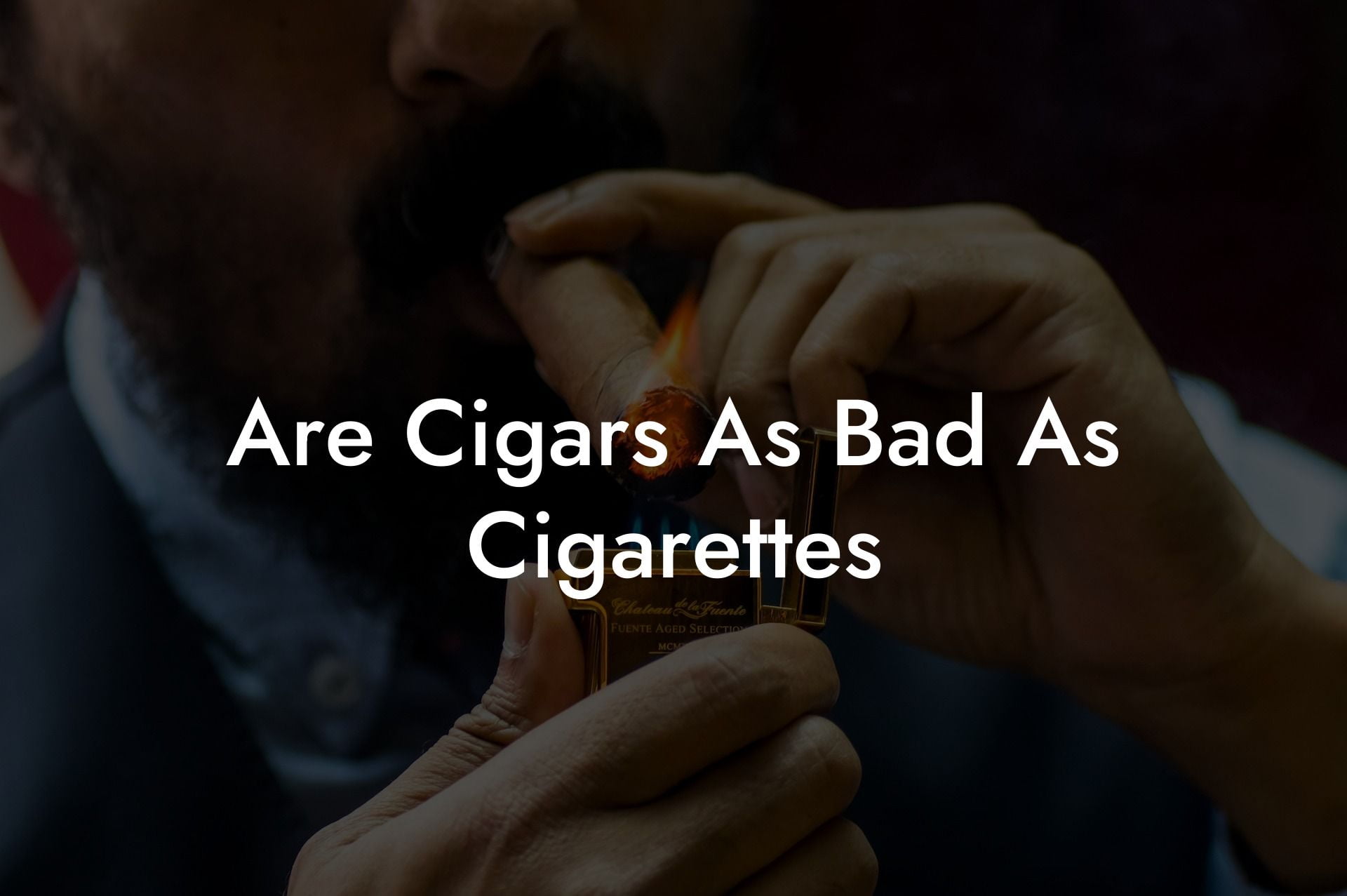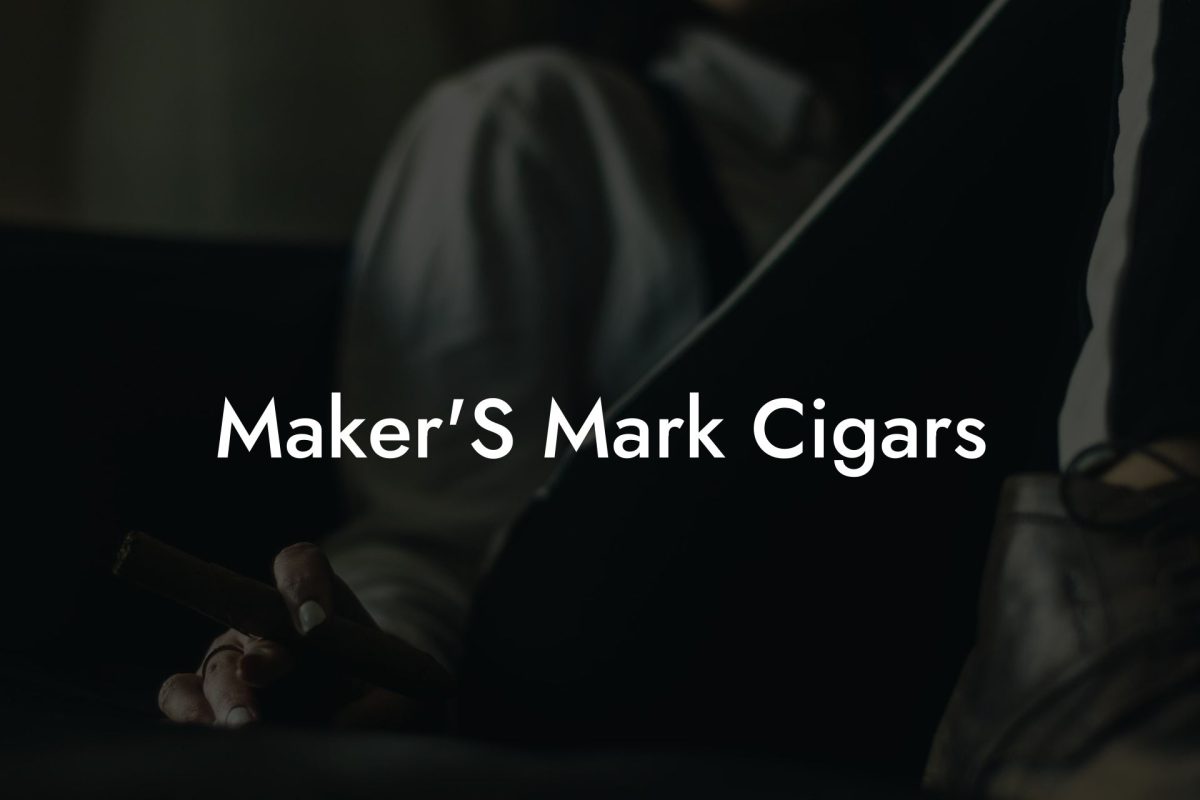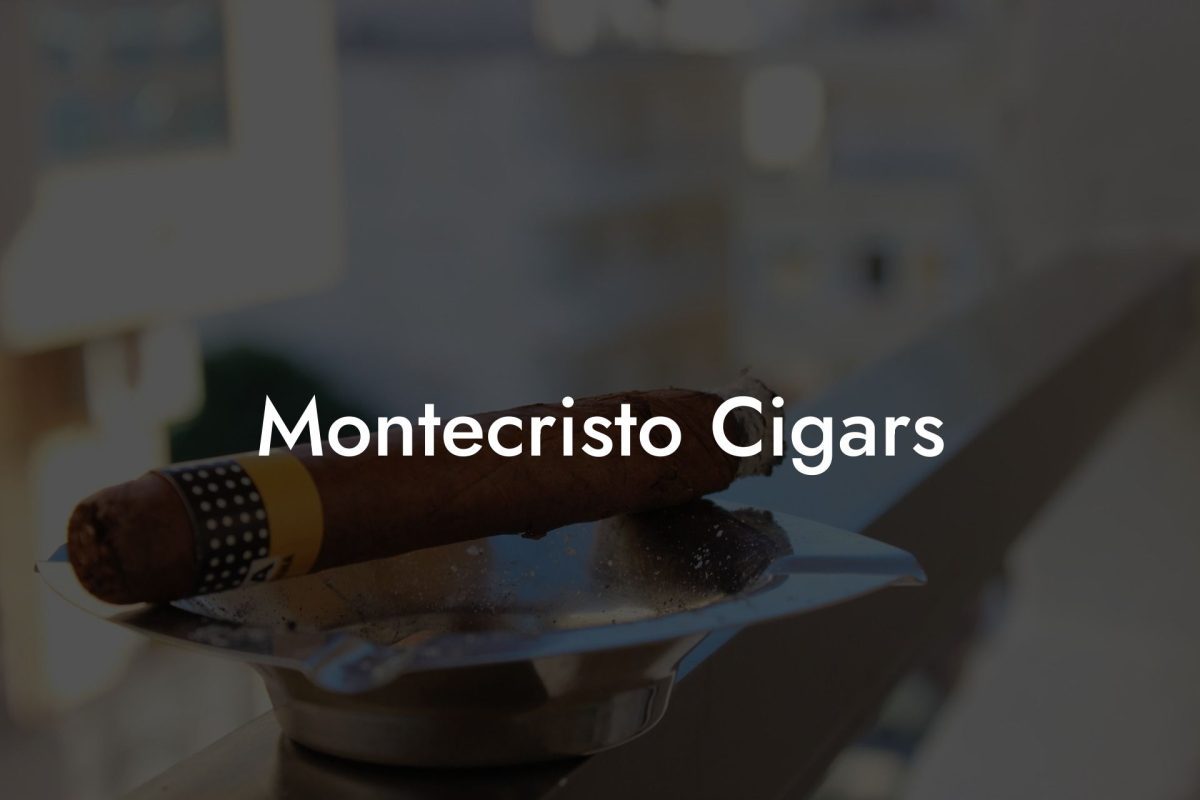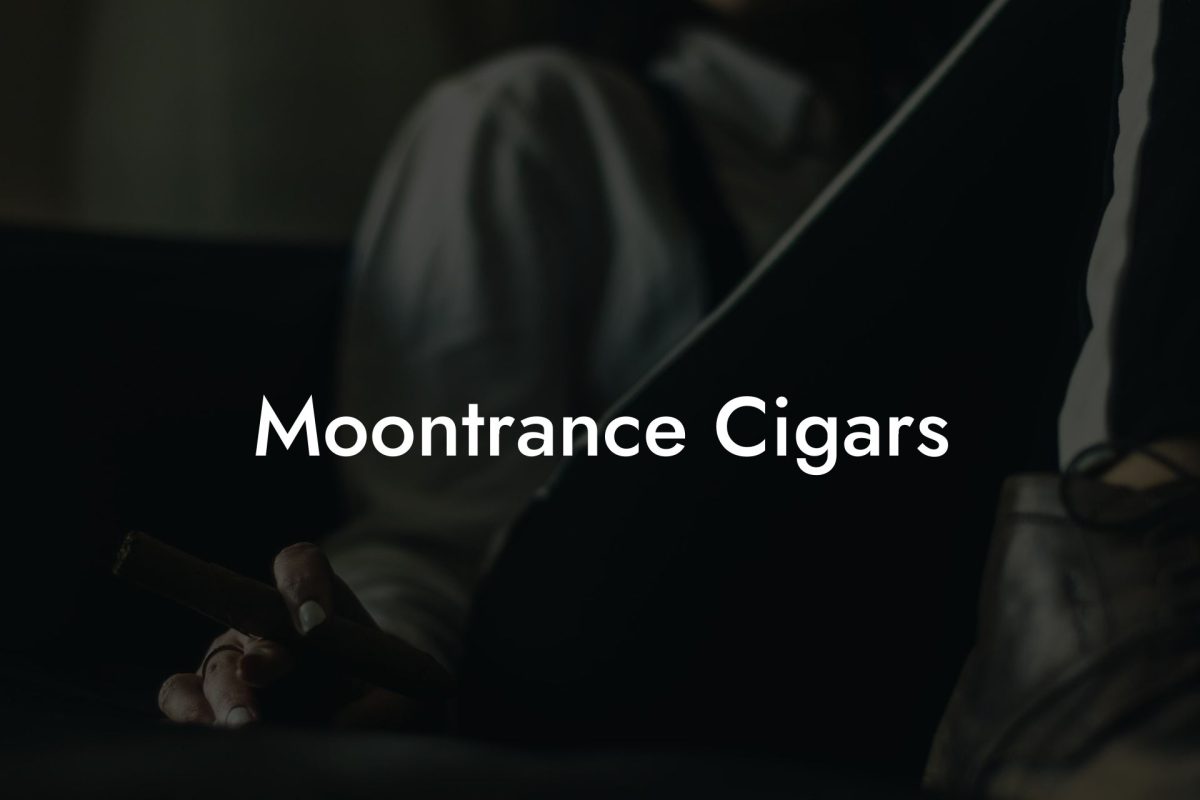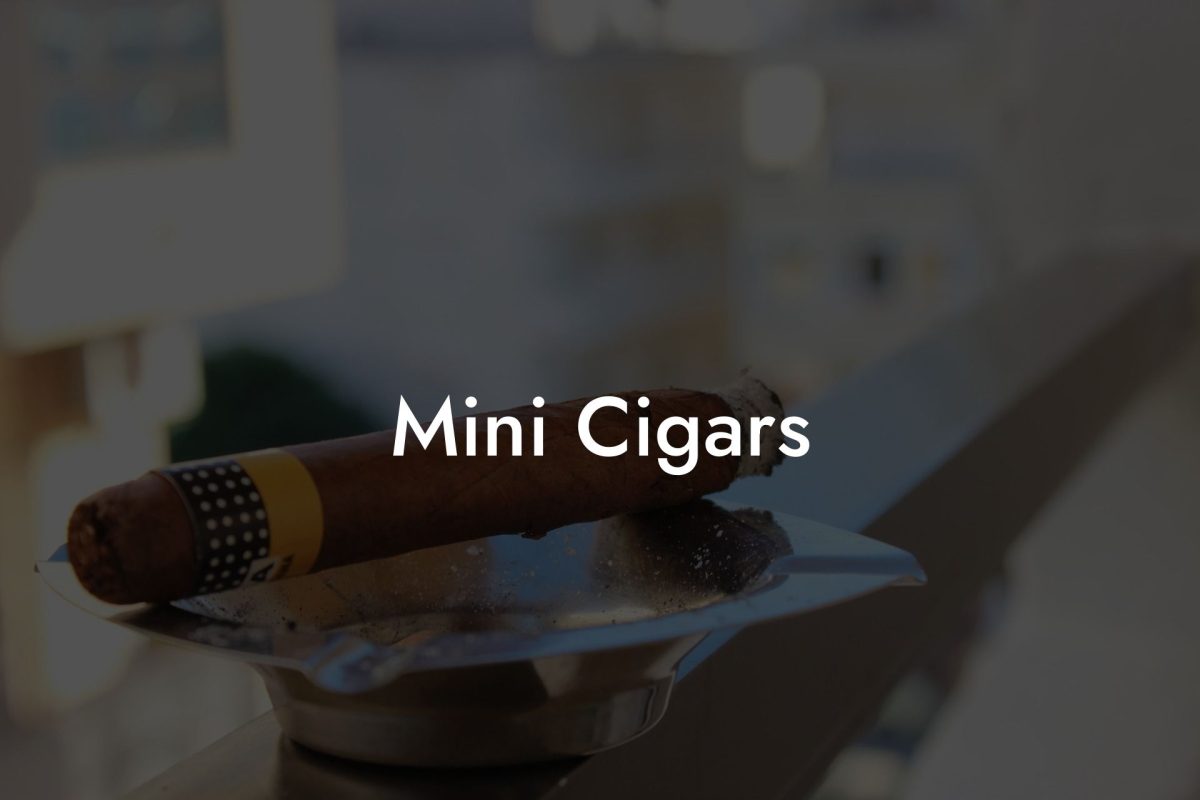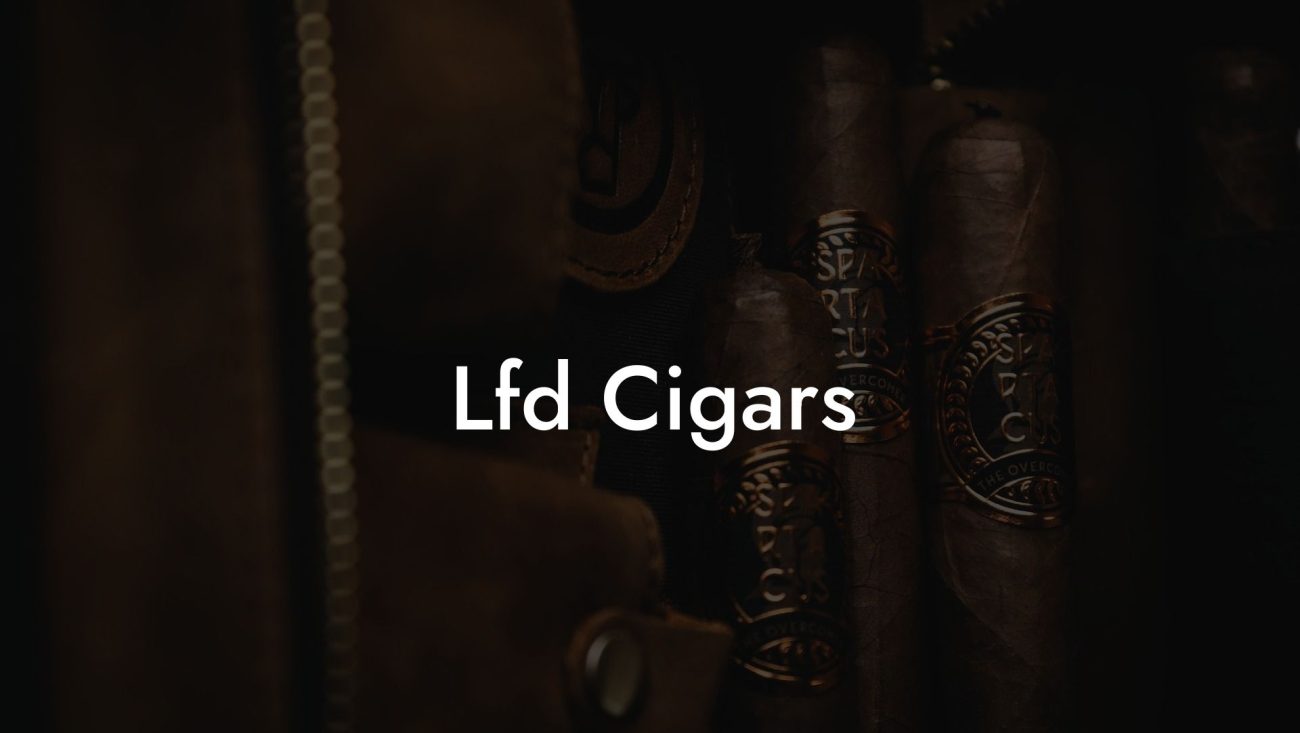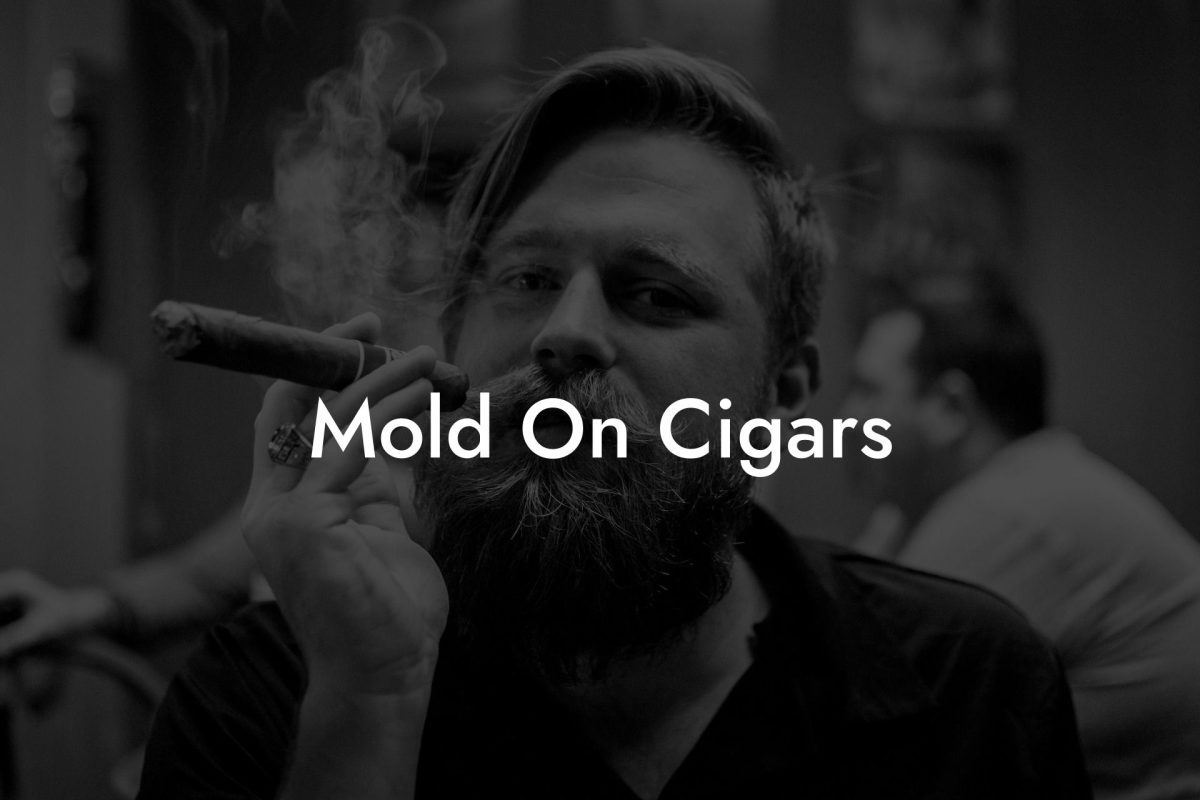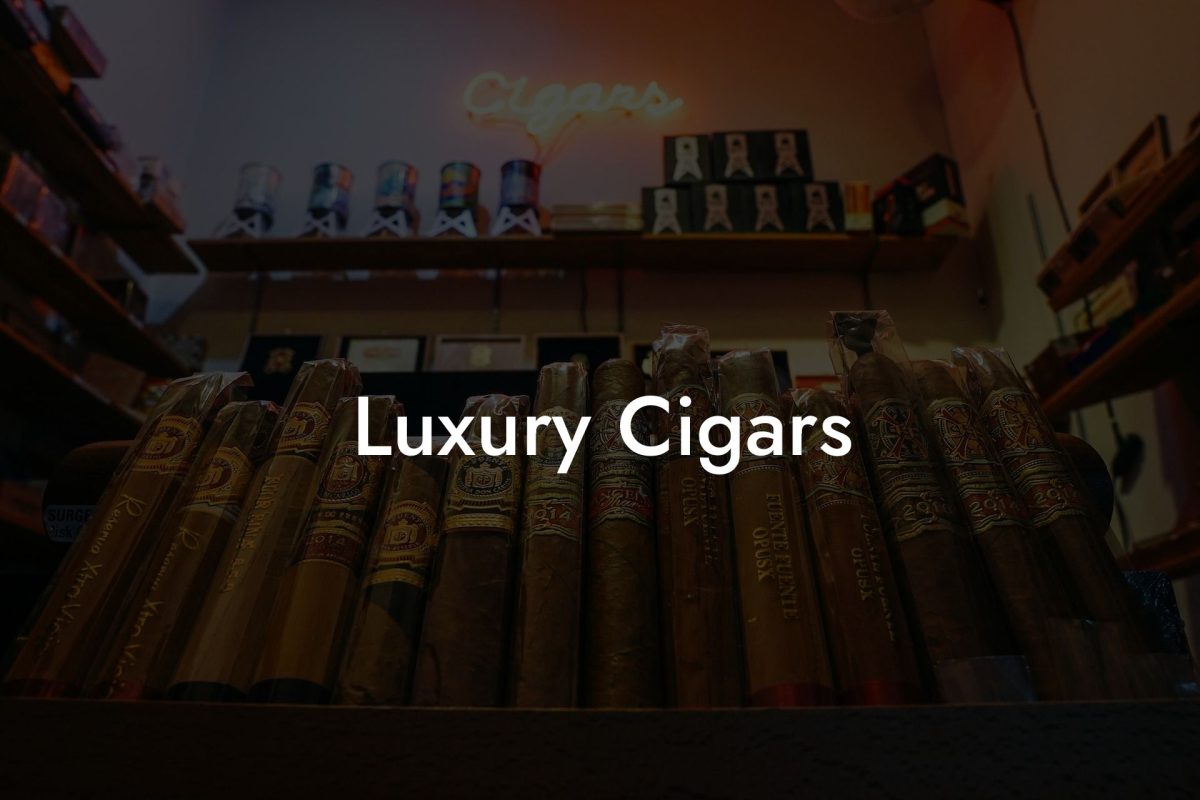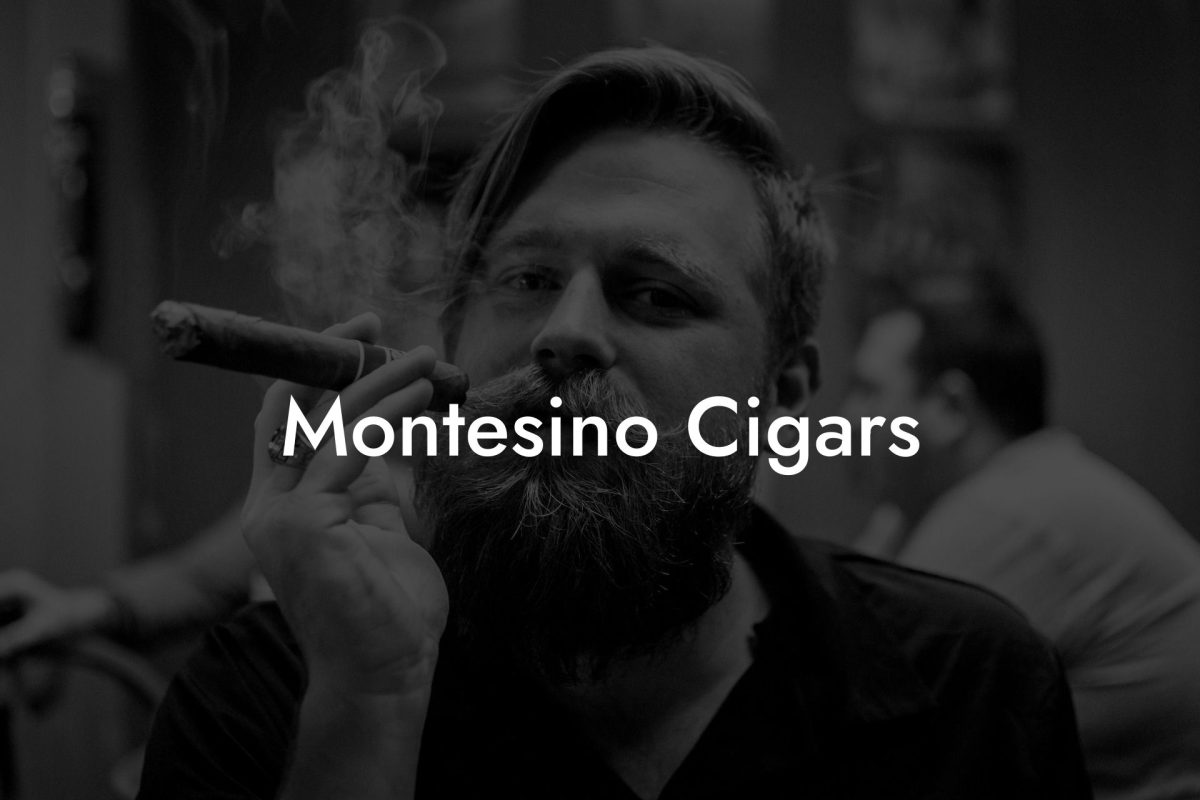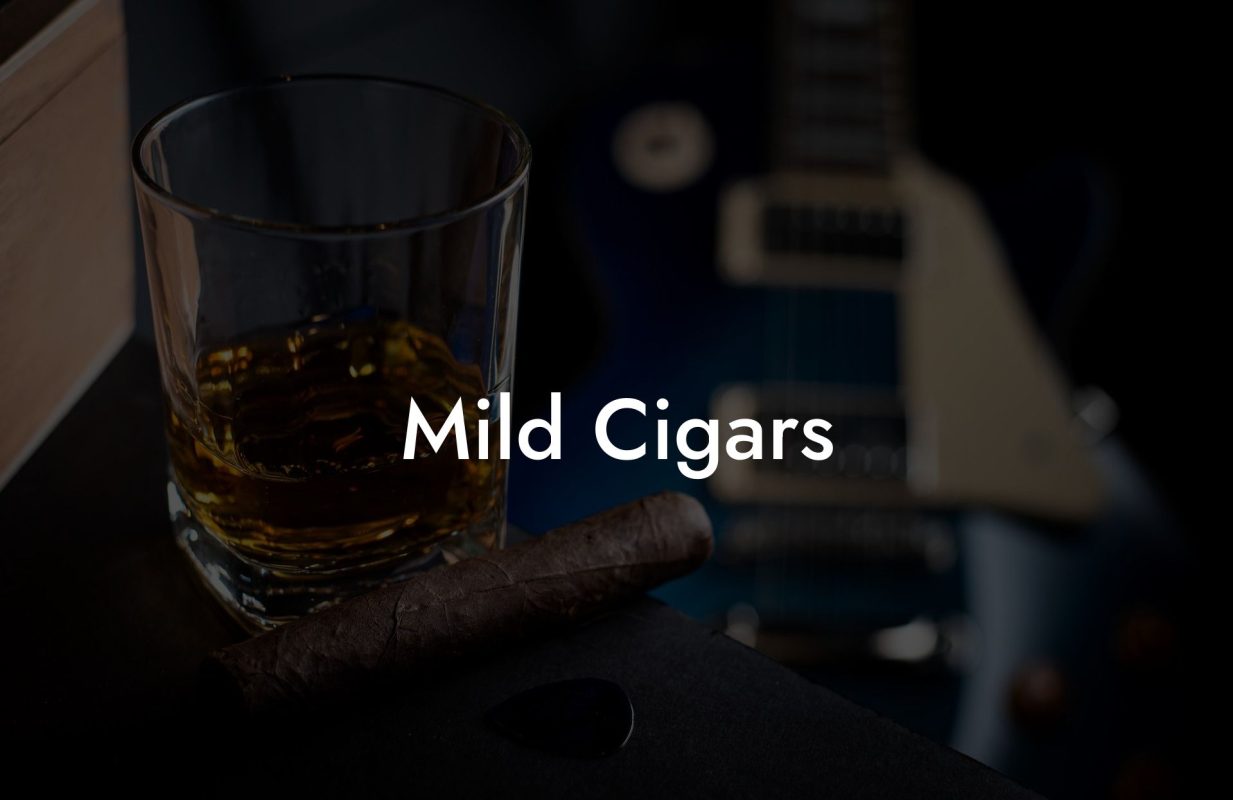Ever wondered if puffing on a cigar is the same kind of “bad” as lighting up a cigarette? Let’s dive into the smoke-filled arena where tradition meets trend, and myth dances with science. Whether you’re a seasoned cigar aficionado, a curious Gen-Z experimenter, or a millennial who’s seen it all, this guide is your backstage pass to exploring the real health risks, cultural nuances, and surprising facts behind cigars versus cigarettes.
Are Cigars As Bad As Cigarettes Table of Contents
Cigars vs. Cigarettes: The Ultimate Showdown
The Anatomy of Tobacco: What’s Really Inside
Health Impacts: Separating the Hype from the Harm
Cultural and Social Perspectives: More Than Just a Smoke
Myths vs. Reality: Debunking Common Misconceptions
Exploring the Economic and Regulatory Landscape
A Gen-Z and Millennial Perspective: Trends, Taboos, and Tastes
Expert Opinions and Research: What Does the Science Say?
Marketing, Perceptions, and the Influence of Media
Resources and Community Support: Your Next Steps
Personal Stories: Lessons from the Smoke
Your Journey to Informed Choices and Healthier Horizons
Integrative Insights: A More Holistic Take on Tobacco Use
Frequently Asked Questions: Your Cigar vs. Cigarette Queries Answered
Cigars vs. Cigarettes: The Ultimate Showdown
At first glance, the differences between cigars and cigarettes might seem like a matter of size or even a question of social status. But when you peel back the layers (and the smoke), you’ll find that these two forms of tobacco use lead very different lives and carry their own unique sets of health risks and social meanings.
Cigarettes, the little devils with a big reputation for causing lung cancer and heart disease, have been at the center of public health debates for decades. They are typically mass-produced, feature a paper-wrapped tobacco blend, and are designed for quick, frequent puffs. Cigars, on the other hand, are often associated with luxury, celebration, and a slower, more ritualistic smoking experience. They are bigger, come in various shapes and sizes, and are wrapped in tobacco leaves instead of paper.
But does the more laid-back image of a cigar truly exempt it from the harmful effects that cigarettes are notorious for? That’s the million-dollar question—and one that we’re about to unpack.
The Anatomy of Tobacco: What’s Really Inside
One key to understanding the health impacts of cigars versus cigarettes lies in their construction. Both products include processed tobacco, but the composition and production process of each are quite distinct.
Looking For The Best Cigar Humidors? You'll Love These:
Ingredients and Production
Cigarettes contain a blend of finely cut tobacco, chemical additives, and flavor enhancers. These ingredients, when burned, generate a cocktail of over 7,000 chemicals—many of which are carcinogenic.
In contrast, cigars are crafted almost like a work of art. High-quality cigars typically use whole-leaf tobacco that is cured, fermented, and aged over time. While this process can reduce certain toxins, it doesn’t eliminate them. The smoke profiles, including the concentrations of tar, nicotine, and carbon monoxide, differ vastly between the two.
Combustion and Inhalation Patterns
Here’s a fun fact: the way you puff on each product greatly influences your exposure to harmful substances. Cigarette smokers often inhale deeply, drawing the smoke directly into their lungs. This method accelerates the delivery of nicotine—and the harmful chemicals—into the bloodstream.
Cigar enthusiasts, however, tend to savor their smoke by letting it linger in their mouths without deep inhalation. Although the risk of lung-related illnesses might be lower for some cigar smokers, the occasional inhalation, combined with the known toxins in cigar smoke, still puts users at significant risk for oral, esophageal, and even laryngeal cancers.
Health Impacts: Separating the Hype from the Harm
Let’s address the elephant in the room: health risks. No smoking habit comes without consequences, and both cigars and cigarettes pack a punch when it comes to potential health hazards.
Cancer Risks
Cigarettes are infamous for their strong link to lung cancer. Studies have shown that the carcinogens in cigarette smoke dramatically increase the risk of various cancers—from lung and throat to bladder and pancreatic. Yet, the harm doesn’t stop there. Even if cigar smokers typically don’t inhale deeply, the risks of cancers of the mouth, tongue, lips, and esophagus are significantly heightened.
It’s also worth noting that secondhand smoke from both cigars and cigarettes poses severe risks to those around you, meaning your favorite chill session could be harming more than just your own lungs.
Cardiovascular Effects
Beyond cancer, both cigars and cigarettes are linked to heart disease. The chemicals found in tobacco smoke can cause inflammation and damage to blood vessels, raising blood pressure and contributing to the development of heart attacks and strokes. Although many cigar smokers view their habit as an occasional indulgence, studies indicate that once-in-a-while puffing can still lead to long-term cardiovascular complications.
Chronic Conditions and Respiratory Health
Cigarettes are notorious for their role in chronic obstructive pulmonary disease (COPD), but the particulate matter and toxins from cigars can also impair lung function over time. Even if you’re not inhaling deeply, regular exposure to these harmful substances can lead to chronic inflammation and respiratory infections.
The bottom line? Both cigars and cigarettes carry serious health risks, and no form of tobacco use is completely safe.
Cultural and Social Perspectives: More Than Just a Smoke
One of the most fascinating aspects of the cigar versus cigarette debate is the cultural story each carries. Cigarettes have cemented their place in popular culture as symbols of rebellion, stress relief, and sometimes even glamour. Their ready accessibility means they have permeated every social strata, from business meetings to late-night study sessions among college students.
Cigars, however, often have a more upscale, almost ceremonial appeal. Think of cigar lounges, celebratory toasts, and the classic image of a distinguished gentleman in a smoky, refined ambiance. For many in the Gen-Z and millennial demographics, cigars have come to symbolize a blend of retro cool and modern luxury—a way of making a statement about lifestyle, taste, and even rebellion against mainstream smoking image.
Despite their glitzy image, the inherent risks tied to both cigars and cigarettes remain constant, reminding us that style and health seldom mix when it comes to tobacco.
Myths vs. Reality: Debunking Common Misconceptions
Over the years, several myths have emerged about cigars and cigarettes, and it’s time to set the record straight. Let’s peel away the smoke screen and tackle some of the most common misconceptions.
Myth 1: “Cigars Are Safer Than Cigarettes Because You Don’t Inhale.”
Reality check: While it’s true that many cigar smokers don’t inhale as deeply as cigarette smokers, the risk is not eliminated—it’s merely shifted. The tissues in the mouth and throat are directly exposed to harmful chemicals, elevating the risk of cancers in those areas. Plus, even occasional inhalation during celebrations or social events can introduce a dangerous amount of toxins into your system.
Myth 2: “The Artisanal Nature of Cigars Means They’re Less Harmful.”
Reality check: Authentic, hand-rolled cigars may be a craft, but they still involve burning tobacco leaves, which produces carcinogens, tar, and nicotine. The artisanal appeal does not neutralize the toxic elements present in cigar smoke.
Myth 3: “Occasional Cigar Smoking Won’t Hurt You.”
Reality check: While frequency certainly plays a role in risk levels, even infrequent smoking can lead to cumulative exposure. Over time, even occasional exposure to the chemicals in tobacco smoke inevitably takes its toll.
In essence, the myth that cigars are a “safe” alternative to cigarettes is just that—a myth. Both involve exposure to harmful substances, and both carry serious, long-term health consequences.
Exploring the Economic and Regulatory Landscape
Beyond health concerns, a whole world of economics and regulations surrounds tobacco use. Government policies, taxation, and advertising restrictions impact both the availability and public perception of cigars and cigarettes.
Cigarettes, due to their widespread use and significant public health impact, are heavily regulated. Advertising bans, graphic warning labels, and high taxes are common measures intended to discourage consumption. The economic burden of cigarette smoking—both on individual smokers and public health systems—is immense.
Cigars, while often enjoying an air of sophistication, are not exempt from regulation either. In many countries, cigars face similar restrictions, albeit sometimes less severe. However, recent legislative changes and public health campaigns have increasingly scrutinized cigar use, especially as new research links even occasional consumption to serious health risks.
For enthusiasts and casual smokers alike, understanding these policies can shed light on why tobacco products come with such a hefty price tag—both at the register and in long-term health costs.
A Gen-Z and Millennial Perspective: Trends, Taboos, and Tastes
The modern smoking landscape is rapidly evolving, particularly among Gen-Z and millennials. The rise of vaping, cannabis, and alternative wellness trends has shifted the traditional view of smoking. But where do cigars and cigarettes fit into this new era?
Many young adults today approach smoking with a healthy dose of skepticism, especially given the wealth of information available online about its risks. For some, cigars represent a niche interest—a nod to retro sophistication and artisanal craftsmanship. For others, cigarettes evoke a rebellious past, a relic of a bygone era of counterculture.
Social media has also played a pivotal role in reshaping perceptions. Influencers and online communities promote curated images that sometimes glamorize high-end cigar lounges or “vintage” cigarette ads remixed for modern tastes. However, it’s critical to recognize that behind these stylish images lurks a well-documented series of health hazards.
The truth is, as much as Gen-Z and millennials are about making informed choices, the trend toward “occasional” smoking or picking up a cigar at a celebration is not without consequences. Embracing alternative wellness trends and education about the harms of tobacco can help reshape the narrative for a healthier future.
Expert Opinions and Research: What Does the Science Say?
Science has weighed in extensively on the subject, and while public opinion may vary, research paints a clear picture: tobacco use in any form is associated with heightened health risks.
Researchers highlight that while the exact risks differ with patterns of use, the chemicals found in both cigarettes and cigars—for example, nicotine, tar, and carbon monoxide—disrupt normal cellular functions and can accelerate the onset of diseases. Experts underscore the following points:
- Nicotine Addiction: Regardless of whether it’s delivered via cigarettes or cigars, nicotine is highly addictive. Its effects on brain chemistry can lead to repeated use and dependency.
- Cancer and Mutagen Exposure: Studies demonstrate that even when not inhaled directly, the exposure of the mouth and throat to tobacco smoke increases the likelihood of cancers.
- Cardiovascular Risks: Both forms of smoking contribute to chronic inflammation, narrowing of blood vessels, and ultimately elevate the risk of heart disease.
- Impact on Overall Quality of Life: Beyond the immediate effects, long-term tobacco use, in any form, can lead to a reduction in overall life expectancy and a diminished quality of life.
What’s striking is that even a casual cigar smoker, who might consider their habit “less harmful” than a habitual cigarette smoker, is still subject to many of these dangers. The nuances come down to dosage, frequency, and the individual’s genetics and overall health profile.
Marketing, Perceptions, and the Influence of Media
The power of marketing in shaping smoking behaviors can’t be overstated. For decades, tobacco companies have engineered their advertising to evoke images of success, relaxation, and rebellion. Cigarettes were once glamorized in Hollywood films, and cigars have long been marketed as symbols of luxury and refined taste.
Today, with the omnipresence of social media, these messages have morphed into a blend of nostalgia and edgy modernity. Gen-Z and millennials, while generally more conscious of health and environmental issues, are also influenced by these images. The irony is that while traditional smoking is heavily stigmatized in many quarters, the “vintage cool” vibe persists—often glossing over the long-term health risks.
Media literacy has never been more important. Being aware of how marketing exploits cultural symbols and emotions can empower you to make more informed decisions about your tobacco consumption.
Resources and Community Support: Your Next Steps
So, what now? Whether you’re considering cutting back, exploring cessation techniques, or simply want to know more about the facts behind tobacco use, there are plenty of resources available to support you on this journey.
Health Clinics and Tobacco Cessation Programs: Look for local community health clinics that offer tobacco cessation counseling, nicotine replacement therapies, and support groups. Many of these programs are tailored to young adults and are attuned to the unique challenges faced by Gen-Z and millennials.
Online Communities and Forums: The digital age brings opportunities for anonymous support and shared experiences. Platforms ranging from dedicated cessation forums to social media groups can provide real-time advice, personal success stories, and expert guidance.
Educational Resources: Informative websites, academic journals, and government resources like the Centers for Disease Control and Prevention (CDC) offer up-to-date research and practical tips on reducing tobacco usage.
Apps and Digital Tools: Empower yourself with technology. Several apps are designed to help track your smoking habits, offer motivational tips, and even connect you with counselors.
By tapping into these resources, you not only enhance your understanding of the complexities of tobacco use but also gain access to a supportive network dedicated to promoting healthier lifestyles.
Personal Stories: Lessons from the Smoke
Nothing drives home the reality of tobacco use like personal testimonials. Across social media and community forums, many have shared journeys that reveal the true impact of cigars and cigarettes.
The Celebratory Cigar Turned Wake-Up Call
Meet Daniel, a young professional who initially saw cigars as a celebratory accessory. At first, the occasional cigar was nothing more than a ritualistic mark of success. But as his stress levels increased and health warnings became impossible to ignore, Daniel faced a tough reality. After a series of health scares and more than a few sobering doctor visits, he began examining the science behind his habit. His story is a reminder that even “occasional” smoking carries risks—and that celebrating milestones should never come at the cost of your health.
A Millennial’s Journey to Moderation
Then there’s Sienna, a millennial whose social life revolved around chic rooftop parties and late-night gatherings. Initially, cigarettes were her escape from a high-stress career and relentless modern challenges. However, when she started noticing persistent respiratory issues and the toll it was taking on her energy levels, Sienna embarked on a mission to reduce her dependence. Her journey, fraught with setbacks and small victories, serves as an inspiring reminder of the power of informed choices and the impact of even incremental changes.
Breaking the Cycle: A Family’s Tale
Finally, consider the story of a family where both traditional cigarettes and the occasional cigar seemed to be part of the social fabric. As newer generations questioned the long-standing habits, dialogue opened up about the real, measurable health risks. With open conversations and mutual support, the younger members decided to lead by example, opting for healthier alternatives and raising awareness about the dangers of even “harmless” smoking rituals.
These personal anecdotes illustrate that behind every puff, regardless of the method, lies a complex interplay between tradition, pleasure, and potential harm.
Your Journey to Informed Choices and Healthier Horizons
Deciding whether cigars are “as bad as” cigarettes isn’t simply about black-and-white answers—it’s about understanding a spectrum of risks, contextual habits, and personal choices. This exploration isn’t meant to demonize every puff of tobacco; rather, it’s about arming you with the knowledge needed to make decisions that resonate with your lifestyle and values.
Whether you’re weighing the social allure of a celebratory cigar or considering the quick fix of a cigarette during high-stress moments, remember that every inhalation carries weight. With emerging research and a more transparent conversation about tobacco products, today’s smokers are more informed than ever before.
The decision to continue, moderate, or quit is deeply personal. If you’re looking for healthier horizons, consider exploring smoking cessation programs, diving into online communities for support, or simply doing more research into the long-term effects. Even a single informed step can lead to a cascade of healthier choices.
Empower yourself by understanding the truth behind the myths and facts. Your body, mind, and future self deserve nothing less.
Integrative Insights: A More Holistic Take on Tobacco Use
It’s worth recognizing that our conversation about cigars and cigarettes is part of a broader discussion about lifestyle, wellness, and personal freedom. As modern living continues to evolve, so too does the way we think about habits that once were taken for granted.
Integrating traditional knowledge with modern scientific research allows us to see tobacco use through a multifaceted lens. Whether you view smoking as a social ritual, a habitual stress-reliever, or a potential health hazard, the key is balance and awareness. Conversely, embracing holistic wellness practices—such as regular physical activity, stress management strategies, and mindfulness—can help counterbalance some of the risks associated with tobacco use. This doesn’t eliminate the dangers, but it does promote a more thoughtful, informed approach.
By weaving together science, culture, and personal narratives, you can forge a path that honors both your individuality and the collective need for public health. When every puff is accompanied by knowledge and mindfulness, the discussion shifts from judgment to empowerment.
Frequently Asked Questions: Your Cigar vs. Cigarette Queries Answered
Dive into these FAQs to get quick answers to some of the most common questions about cigar and cigarette smoking.
1. Are cigars as harmful as cigarettes?
While the smoking methods differ—cigarettes are inhaled more deeply, whereas many cigar enthusiasts savor the flavor without deep inhalation—both expose users to harmful chemicals and toxins. The risk levels may vary depending on usage patterns, but neither is safe.
2. What are the main health risks associated with cigar smoking?
Cigar smoking is linked to oral, throat, and esophageal cancers, as well as an increased risk of heart disease and respiratory issues—even if you don’t inhale deeply.
3. Does the artisanal nature of cigars make them a safer option?
Not really. Although high-quality cigars use whole-leaf tobacco and are crafted with care, the act of burning tobacco always produces carcinogens and other toxins. The artisanal quality does not negate the associated health risks.
4. Are the social and cultural perceptions of cigars misleading compared to cigarettes?
Absolutely. While cigars are often portrayed as symbols of luxury and celebration, this glamorous image can obscure the objective health risks tied to their use.
5. Can occasional cigar smoking really lead to health issues?
Yes. Even occasional use can cause cumulative exposure to harmful substances that increase the risk of diseases such as cancer and cardiovascular problems.
6. How do secondhand smoke risks compare between cigars and cigarettes?
Both types of smoke contribute to secondhand smoke hazards, affecting not only the smoker but also those around them. The lingering aroma and particulate matter from both can lead to serious health issues, especially in enclosed spaces.
7. What steps can I take if I want to quit smoking?
Consult healthcare professionals, explore smoking cessation programs, utilize mobile apps, and connect with community support groups. Every small step toward quitting can significantly improve your health.
8. Are there alternatives to traditional tobacco products that carry fewer risks?
While alternatives like vaping exist, they come with their own set of health concerns. The safest choice is complete cessation, but if you’re looking to switch, research and professional guidance are key.
9. How reliable is current research regarding tobacco use?
Research is continuously evolving, but a vast body of evidence from reputable institutions confirms the numerous health risks associated with both cigars and cigarettes.
10. Which is more socially acceptable among Gen-Z and millennials—cigars or cigarettes?
Social norms shift over time. While cigarettes have long been stigmatized, cigars are sometimes seen as a stylish alternative. However, increased health awareness is prompting a reevaluation of both.
Your Journey: Informed, Empowered, and Ready for the Future
Ultimately, the debate over whether cigars are as bad as cigarettes boils down to more than just surface-level differences. It’s about weighing the cultural allure against undeniable health risks, and understanding that while appearances may differ, the science remains consistent. Both cigars and cigarettes contain potent toxins that can wreak havoc on your health if used frequently—and even occasional use isn’t without consequence.
As you navigate your personal wellness journey, use this guide as a springboard for deeper research, self-reflection, and healthier decision-making. Embrace the latest evidence, listen to expert opinions, and, most importantly, trust your intuition. Educating yourself is the first step toward crafting a lifestyle that harmonizes pleasure with responsibility.
This isn’t just about choosing between cigars and cigarettes—it’s about stepping into a future where your decisions are informed by science, empathy, and a clear-eyed understanding of the risks. Whether you’re a curious Gen-Z experimentalist or a millennial reflecting on past habits, the power to shape your health outcomes is in your hands.
So, take a deep breath (of fresh air, not cigarette or cigar smoke), and craft your own narrative—a narrative based on knowledge, empowerment, and a commitment to wellness. Your journey toward informed choices and a healthier tomorrow starts now!
Looking For The Best Cigar Humidors? You'll Love These:

